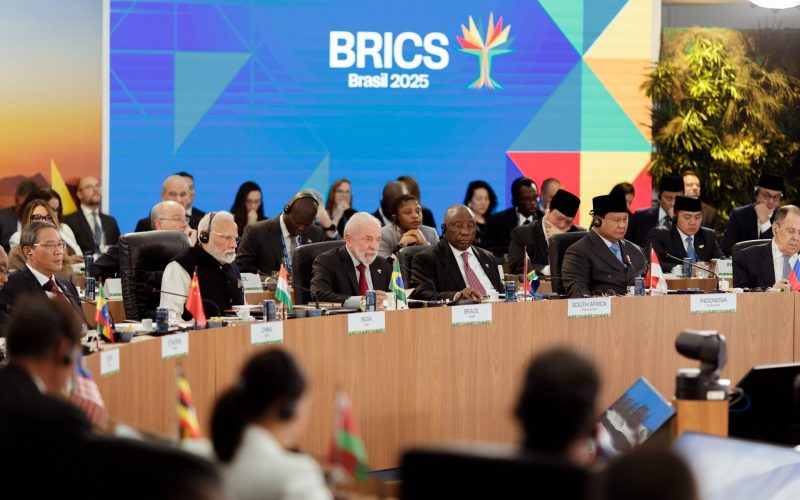Summary:
- AU countries are currently engaged in negotiations towards an African Continental Free Trade Area (AfCFTA) that will facilitate the movement of goods and services across the continent with a market of over 1.2 billion people.
- Negotiations on trade in services are a critical part of this process, given the growing interest in the role of the services sector in structural transformation and development, and the sector’s importance in facilitating manufacturing production and trade and the development of regional value chains.
- The need for a developmental trade strategy for the services sector is a growing imperative in an environment in which developing countries are increasingly pressured to liberalise their services sectors in North–South trade agreements, often before domestic and regional frameworks have been sufficiently developed.
- The report examines the growth and structure of trade in services in Africa and its implications for services trade policy formulation and the AfCFTA services trade negotiations.
- Key services exporters on the continent include Egypt, Morocco, South Africa, Ghana and Nigeria, while the main services importers are Nigeria, Egypt, South Africa, Angola and Morocco. An analysis of services trade complementarities reveals that there is significant potential for increased intra-African services trade, with South Africa facing greater competition in the African services market on the formation of a continental services trade agreement.
- South Africa’s services value added is an important component of gross exports, while both domestic and foreign services are key inputs into gross exports in a number of critical manufacturing sectors. Services accounted for 44% of total foreign direct investment (FDI) on the continent in 2018, with key FDI sectors including consumer products and retail, telecommunications, media and technology, transport and logistics, business services and financial services. A significant proportion of listed companies in selected African stock markets operate in the services sectors of African economies.
- The different modes of delivery of cross-border services imply that researchers and policymakers have to draw on a variety of sources to build an adequate picture of services trade for policy formulation. Recent international services trade databases are highly experimental and are still being refined. Available data sets need to be complemented by case studies, survey work and consultations with key stakeholders affected by services trade agreements.








